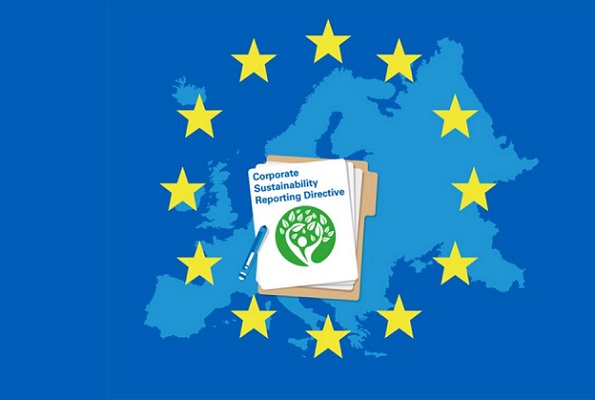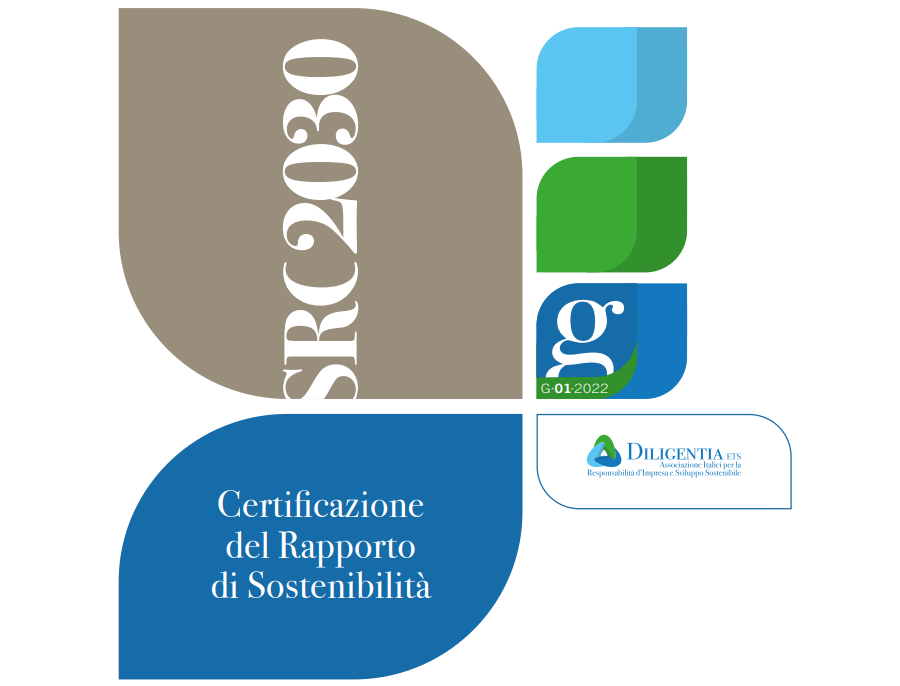Sustainability Reporting Assurance
As a result of the request of various stakeholders, organizations are urged to prepare a sustainability report in accordance with internationally recognized sustainability reporting standards. Increasingly, organizations require external assurance of the sustainability report before its disclosure.
In Europe, the Directive 2022/2464/EU (CSRD) establishes rules concerning the assurance of annual and consolidated sustainability reporting.
A sustainability report shall include all information necessary to understand the undertaking’s impacts on sustainability matters, and information necessary to understand how sustainability matters (governance, social, safety, environmental and ethics, anti-corruption) affect the undertaking’s development, performance and position. Information shall be qualitative and quantitative, retrospective and predictive.
Initially, the assurance of sustainability reporting shall be mandatory only for large enterprises. However, such obligation shall be progressively extended also to SMEs.

Assurance of a sustainability reporting
“Assurance of sustainability reporting” means the performance of procedures resulting in the opinion expressed by the statutory auditor or audit firm (or conformity assessment body accredited in accordance with Regulation (EC) No 765/2008 for the specific conformity assessment activity).
The assurance of sustainability reporting shall be conducted in accordance with national assurance standards, procedures or requirements.
Conformity assessment body accredited in accordance with ISO 17029 and Get It Fair “GIF ESG rating and assurance scheme” shall provide the assurance services in accordance with the document “SRC 2030 Diligentia Due Diligence guidance for sustainability reporting certification” (this document shall be replaced, once approved, by the UNI-Accredia-Diligentia Pdr on conformity assessment of sustainability reporting).
“SRC 2030 Diligentia Due Diligence guidance for sustainability reporting certification” is a standard for sustainability reporting assurance and applies irrespective of the sustainability reporting standards (GRI, EFRAG-ESRS, IFRS).

The conclusions on the assurance of including engagement planning, risk consideration and response to risks and type of conclusions to be included in the assurance report on sustainability reporting shall distinguish two different levels of assurance:
- limited
- reasonable
The assurance client, upon positive completion of the conformity assessment process, shall receive the following documents under accreditation:
- Assurance report
- Assurance statement
Why sustainability is important
Transparency leads to better performance. The economic benefits related to non-financial transparency tend to become more apparent on the long-term, and they appear to be larger in those countries with mandatory disclosure requirements.
Therefore, beyond compliance with regulatory framework, there is an emerging needs to provide banks, insurance and finantial organizations with, accurate, reliable and credible sustainability reporting assured by an accredited third party body.
Benefits
The assurance of sustainability reporting provides organizations with the following benefits:
- Increasing transparency to investors and other stakeholders
- Enhancing integration between non-financial and financial consideration
- Improving support to business strategy design
- Strengthening the link between risk management and financial performance
- Increasing internal performance (i.e. employee satisfaction, management systems, etc.)
- Enhancing reputation, perception by and dialogue with customers and other stakeholders
- Improving the way Organizations are perceived in terms of accountability towards society.
- Increasing consumers’ trust and have a positive effect on the demand side,
- Creating new entrepreneurial opportunities and better management of externalities
- Facilitating access to capital and reducing funding costs
- Minimizing risks of business disruptions and, above all
- Reducing administrative burden